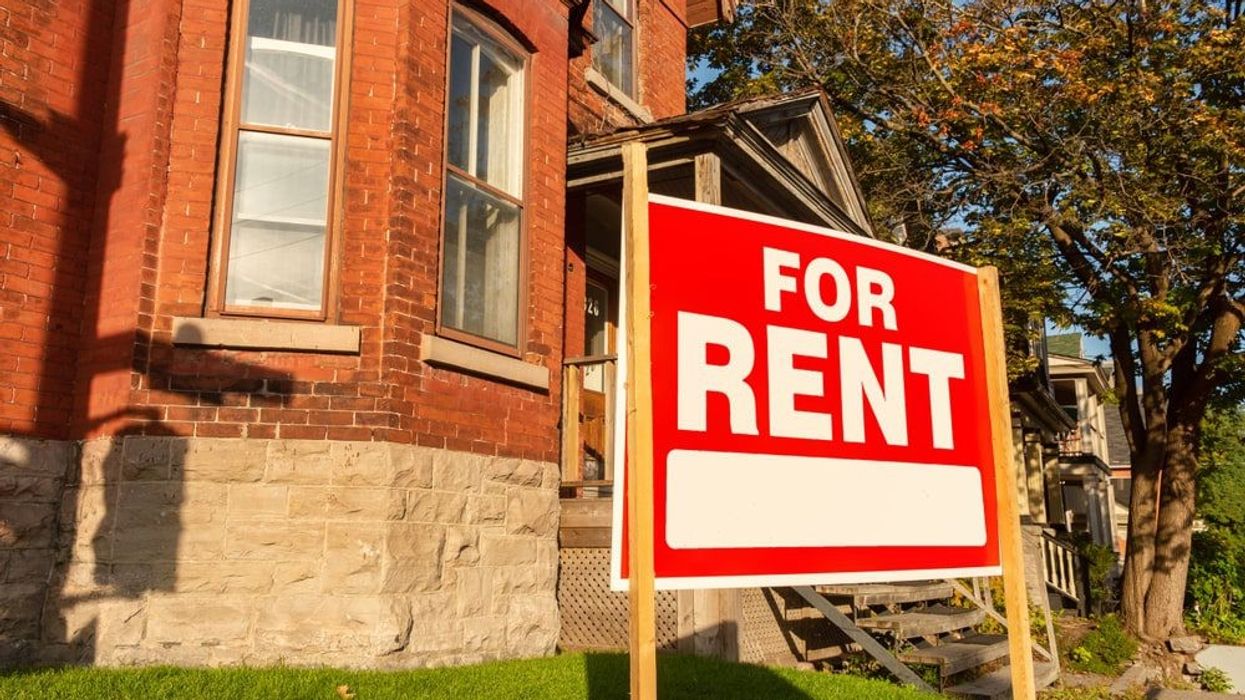Despite lingering rate uncertainty, many Canadians have plans to invest in residential real estate. This is according to a new report from Royal LePage, which reveals that 26% of respondents say they are likely to purchase an investment property within the next five years.
This mentality extends to investors of both the seasoned and novice varieties, notes the report, with 23% of Canadians who do not already own an investment property saying they are likely to purchase one in the next five years, and 51% of current investors reporting the same.
The report also provides insight into the country’s current investment landscape, revealing that 11% of Canadians, accounting for around 4.4 million people, currently invest in residential real estate. Of that proportion, 64% own one investment property, while 32% own two properties or more.
Of particular note is that young Canadians, aged 18 to 34, are more likely than their older counterparts to own multiple investment properties, at 54%. That’s compared to 29% of respondents aged 35 to 54 and 25% of respondents 55 or older.
Phil Soper, Royal LePage President and CEO, says these findings show that owning property remains a popular way of building wealth over time.
“Many choose to invest in real estate not only as a way of generating income and reaping the benefits of value appreciation, but to provide an opening into the market for future generations of their family,” continues Soper. “Despite the hurdles of low home supply and increased lending rates, young people are more inclined than ever to make real estate investing a part of their financial planning for the future. In fact, survey results tell us that many of them are actually prioritizing an investment property over owning their primary residence.”
Royal LePage also reveals that single-family detached homes are most commonly owned by Canadian investors, with 44% owning this type of home, followed closely by condominiums, at 37%. Townhomes trail behind, with only 11% of investors owning this type of home.
As well, 44% say their investment property is located in a different town or city than where they currently live, while 47% report investing strategically near a major university or college.
“Many real estate investors extend their search into more affordable markets, and are prepared to take on the additional commitment of owning property beyond the region in which they live to cash in on the financial benefits,” says Soper.
When investing in a particular location, 67% of Canadians report being motivated by the opportunity for “property value appreciation over the long term,” while 54% point to the opportunity for positive cash flow on a monthly basis, and 44% cite low maintenance costs or variable expenses.
Soper’s overarching sentiment is that Canadians have a “deep-seated belief” in the value of real estate. And his thinking is well-supported. And it tracks back years.
In 2021 in particular, Canadian markets saw an uptick in investor activity, not only amongst career investors, but run-of-the-mill homeowners, who were turning to real estate investing as a supplementary means of building wealth.
At that time, one Vancouver realtor told STOREYS that homeowners in his network were readily tapping into their home equities and taking advantage of low interest rates. Another mortgage expert attributed the popularity to pop culture, pointing to social media platforms, such as TikTok, for making property investing "sexy again."
Of course, the landscape is much different now for investors than it was back then. The elevated interest rate environment has put the cost of mortgage borrowing through the roof, and Royal LePage reports that increased lending rates have prompted 31% of investors to consider selling one or more of their properties. What's more, experts are cautioning that we haven’t seen the end of the Bank of Canada’s aggressive hike cycle.
Even so, it seems that investor desire is alive and well in Canada. And this is good for the country at large, says Soper.
“Investors play a pivotal role in supplying much-needed housing units to renters across the country, and will continue to be an important part of the Canadian real estate ecosystem as the nation welcomes an unprecedented number of immigrants in the coming years.”





















